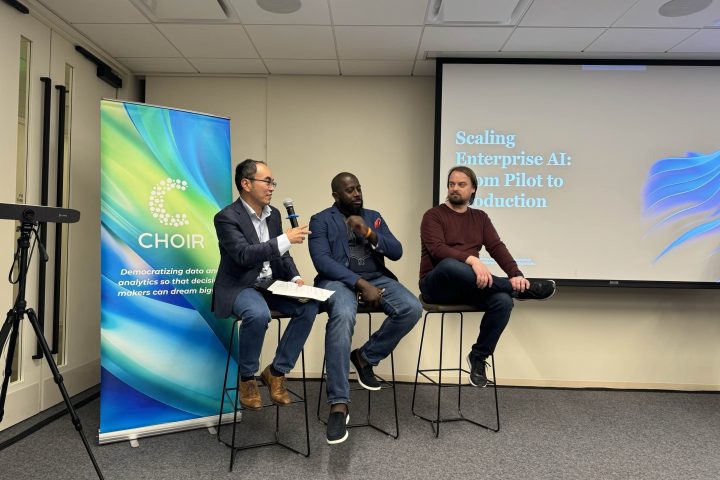Where are all the Enterprise Tech Unicorns? I recently had the pleasure of participating in a “Where are all the Enteprise Tech Unicorns?” panel in Slush Shanghai 2019 together with Kapil Kane and Xiangdao Wang and moderated by Matthieu Bodin.
Indeed, whereas four SaaS companies with more than $10b went public in the US this year, Sensetime, the second highly valued enterprise tech Unicorn after Alicloud, is roughly $7b while most of the other enterprise tech unicorns are less than $2b in value.
How is the enterprise tech market different between China and US and why?
Let’s look at the enterprise tech unicorns in China today. The big elephant, though one might cry out “not fair!”, is Alicloud, valued at $70b. Together in the category of public clouds are Tencent cloud, Kingsoft cloud and UCloud. The second biggest category of unicorns are in AI and Big Data. (I group them together because the boundaries are blurring though the recent renaissance in AI is arguably due to Deep Learning). Here we have the three deep learning giants, Sensetime, Megvii / Face++ and Yitu, but also big data companies that serve the government, financial services and retail like Fourth Paradigm and Tongdun. Security has a lonely giant 360 Enterprise, followed by market places with Zhubajie, a platform for jobs. Surprisingly but perhaps not surprisingly, Internet of Things, PaaS and SaaS each have a handful of unicorns but they are much smaller in size.
A few observations jump out. First, the unicorns are much smaller in size. Second, there are several that are subsidiaries or spin-offs from larger corporations like Alicloud, Tencent Cloud and 360 enterprise. Third, other than Alicloud and Tencent Cloud that get to their scale by servicing many small and medium services, other large unicorns, especially the face recognition ones, get to the scale by serving the government and financial institutions. It may be fair to say, there are almost no unicorn that is in the fundamental IT infrastructure space like security, other than public cloud. And SaaS is still very nascent.
Why?
As a historical context, IT spending as a percentage of GDP has been small in China compared to many parts of the world. Many who lived in China have the experience of receiving government official name cards with a personal 163.cn email address on it. Others will identify with the practice of needing a stamp on paper to be official and recognized. Yet others will tell you, if numbers can’t even be trusted, why bother digitizing things, it will only cause more confusion and worse still, embarrassment.
IT market has been one that is mired by RFPs/SOWs/tenders and price competition and long sales cycles. Will that change?
I recently did a CIO survey and good news is, all of that is and about to change. CIOs are now asked to be profit centers to drive business, not cost centers where they are custodians of IT which is more like utilities or plumbing. CIOs are now tasked with deploying mini-apps in fast order, deriving insights from data and leveraging new technologies like 5G and IOT to transform businesses.
What do enterprise startups need to do to succeed? Startups must have the courage to build unique offerings and work on the really difficult things. They must learn to sell based on value not cost plus that has trapped most of the ISV and SI market.
While Chinese companies may take a while to trust their data to be stored in a SaaS, and enterprise tech startups will continued to be challenged by the speed they can go to market and raise money compared to their consumer ones, I am hopeful that enterprise tech startups in China will get more attention that they rightfully deserve. Already there are enterprise tech startups in China that are truly world class, such as Kyligence whose team contributed to China’s first top level Apache Project Kylin and Oushu whose team created Apache HAWQ. China has some of the world’s most challenging enterprise problems due to its scale and diversity, and its engineers have and will be stepping up to solve these problems!
Really excited to have been investing solely in enterprise tech for the past 7 years. Looking forward to witnessing the next transformation.


